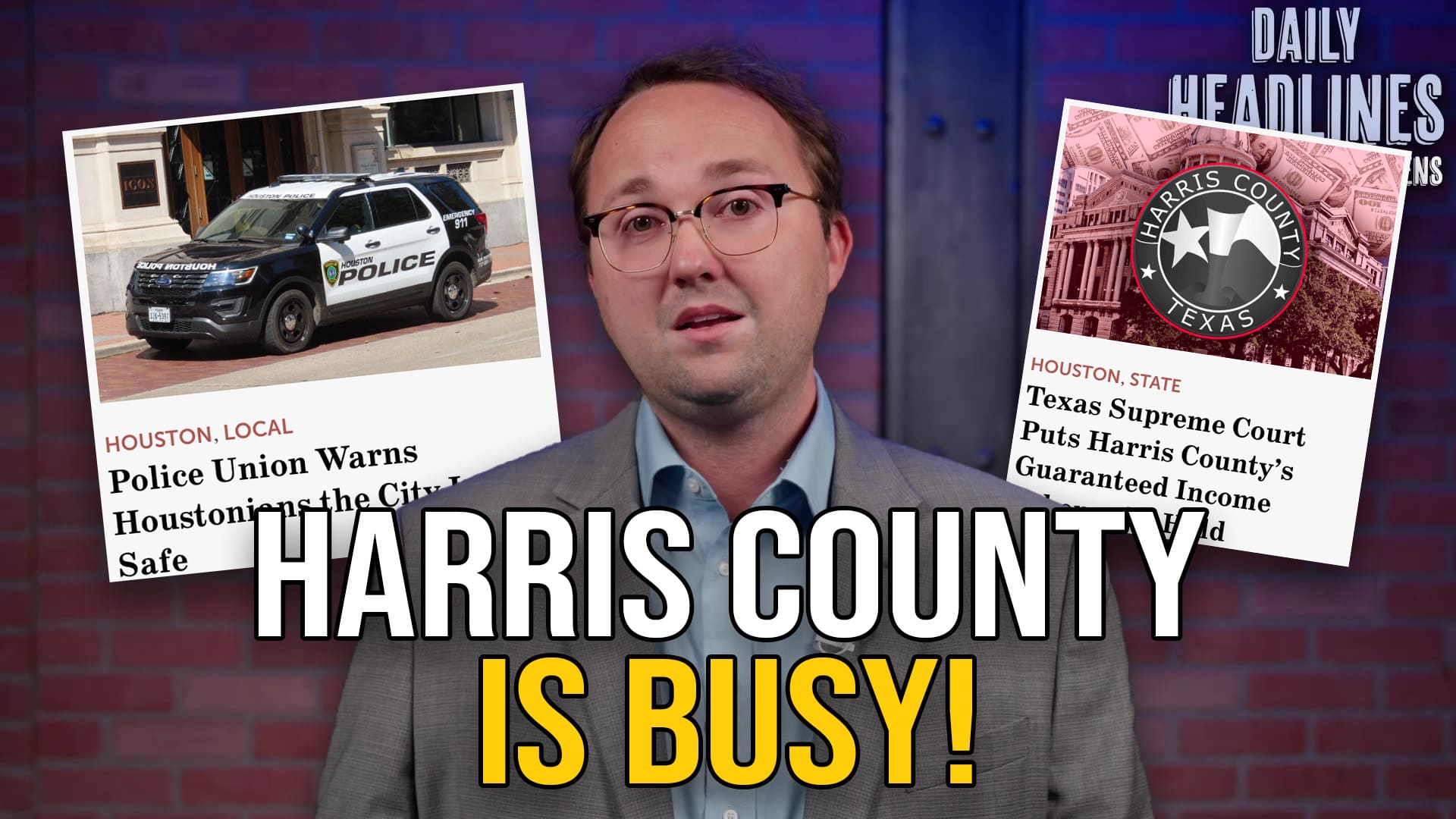Before my eyes were opened in 2017, I thought the so-called “swamp” was in Washington, D.C. and perhaps a little in Austin. I now realize the swamp starts in our backyards.
Until last year, my wife and I were like most people when it comes to school district issues. We paid attention to what was going on in our children’s classrooms and schools, and that was about it. What we knew about school board members was limited mainly to what we read in voter guides before elections or what we heard from neighbors. We had trust—what we now realize was blind trust—in the good intentions of the school board, and we voted for bond propositions without close scrutiny.
That changed when Round Rock ISD’s Board of Trustees called for a bond election in May 2017.
Initially, I was shocked by the $572 million price tag, which was nearly twice as large as the bond proposition that passed three years earlier. My neighbor and I talked about it, and I started digging. What I found was that many bond projects were “wants” masquerading as “needs”, that project cost estimates had not been validated, that many projects were extravagant in scope and/or cost, that the district misrepresented the true cost of the bond to taxpayers, and that some projects were business development projects to benefit special interests.
I began to post this information on social media and found that many people shared my concerns. My neighbor paid for yard signs from his own pocket, and we met other like-minded individuals from around the district who collectively became a grassroots movement to oppose the bond. The movement had people from both ends of the political spectrum, and we found common purpose in opposing waste and mismanagement.
As we publicized our concerns, district officials and bond supporters immediately labelled it as “misinformation.” Yet what they labelled as misinformation was really just the other half of the story they had selectively left out. Ironically, the school district that is supposedly dedicated to knowledge and critical thinking preferred voters to have partial information.
In the end, voters rejected all three bond propositions with record turnout for a May bond election, despite our grassroots movement being outspent nearly 20-to-1 by a PAC funded mostly by contributions from contractors, architecture/engineering firms, and other special interests who might benefit financially from the bond.
After that election, we realized we needed to continue to keep a watchful eye on the school board, district officials, and other public officials, which is why we formed our own PAC called “Residents for Accountability and Transparency.”
In the last 17 months, our members have attended nearly all board meetings and workshops, filed numerous public information requests, and used social media to keep people informed about critical issues. Along the way, we uncovered information about a newly appointed trustee that led to his resignation a few days after his appointment. We also raised public awareness about critical issues, including a rushed resolution to establish a district police department and student achievement gaps between Title I and other schools.
In other words, our PAC promotes good government through an informed public.
Now we face a $508 million bond election in November 2018 that is even worse than the failed bonds of 2017. The projects in this bond are similar to those defeated last year, but the cost estimates are bloated by at least $100 million; additionally, both critical and non-critical projects are bundled into a single proposition on the ballot, forcing voters to make an all-or-nothing decision.
We have been active again in educating the community on this bond, knowing that we can do much better for our students and our taxpaying parents.
Throughout this current election, we have also faced increased opposition. Local construction businesses and other special interests are spending even more to promote this bond, and there have been efforts to silence us on social media.
We continue our mission to inform voters through blogs on our website, ratpactx.org, and other methods. Whatever the outcome of the November election, we believe voters who have more information make better decisions.
Yes, the swamp indeed exists in our own backyards. As citizens, we need to work at the local level to shine light into dark corners and demand higher standards of accountability and transparency from our public officials.
This is an outside commentary submitted and published with the author’s permission. If you wish to submit a commentary to Texas Scorecard, please submit your article to submission@empowertexans.com.




